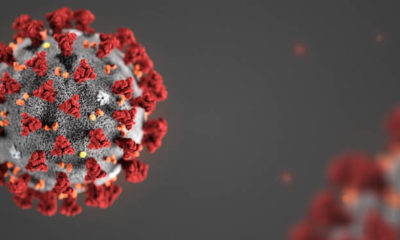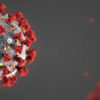To be or not to be? Circumcised that is. Unfortunately for men, when this question arises, we are too young to have any input.
Circumcision is a surgical procedure that removes the foreskin covering the head of the penis. It’s a practice that has been around for thousands of years dating back to 2400 BC Egypt. In our day, many parents have their sons circumcised within their first few months of life due to culture, religion or personal preferences.
But how much research and consideration is actually being done by parents before they mutilate their newborn boys? Is circumcision really necessary? From my perspective, not enough and NO it’s NOT.
Circumcision is a thought-provoking and difficult topic for parents when it comes to their newborn sons. Around the world the practice rate of circumcision among males is rare, while in the U.S. it’s more prevalent.
The practice of circumcision for health or medical reasons is an issue that is still being debated. At present, the American Academy of Pediatrics (AAP) does not recommend routine circumcision for newborn males, stating that the evidence was not significant enough to validate the operation’s benefit.
There are multiple myths about circumcision. One being that circumcision is always safe but in reality it isn’t. Many parents that circumcise their newborns are not aware of the dangers behind this small yet dangerous procedure. Surgically removing part of the penis causes the infant pain and creates immediate health risks that can lead to serious complications.
It is believed that babies don’t feel the pain caused by circumcision but that is also false. Babies feel pain just as much as adult do and it causes discomfort during the 7-10 days that it takes to heal. It can also cause complications such as infection, hemorrhaging, scarring, difficulty urinating and/or loss of part or all the penis. It can even lead to death.
A study conducted by Director of the International Coalition of Genital Integrity (ICGI) Dan Bollinger showed that an average of 117 neonatal circumcision deaths occur every year in the United States. The claim that circumcision decreases the risk or prevents HIV or AIDS is false; in fact it has been exaggerated and repeatedly disproven.
Most people believe that doctors and health professionals recommend that newborns be circumcised but in fact no professional medical association in the world recommends routine circumcision as medically essential.
In fact it is now the norm in the U.S. to keep boys intact. Circumcision rates have fallen well below 40 percent. Although the popularity of circumcision is different in geographic areas, more than 60 percent of all male babies born in the U.S. will leave the hospital intact as opposed to most medically advanced countries in which 75 percent of the men are not circumcised.
The truth is there is NO connection between circumcision and better health. In fact, removing the foreskin may create immediate health risks. The foreskin is a vital and functioning part of the human body, since it protects the head of the penis from injury and provides moisture and lubrication. Circumcision has actually been proven to diminish sexual pleasure later in life.
Circumcision is only recommended for older boys and men to treat the inability to retract the foreskin (Phimosis), or in males who have penis infections.
Parents should talk to a doctor about risks of circumcision before making a decision.
Think about it: we don’t circumcise our dogs, our cats or any of our pets. We may neuter or spay them but never circumcise. So why do we circumcise our children?
For more information about circumcision visit intactamerica.org.


















